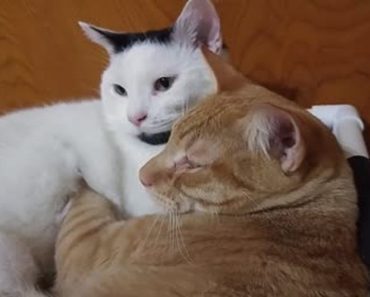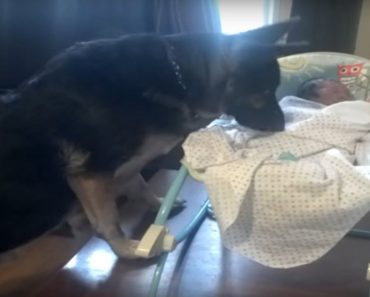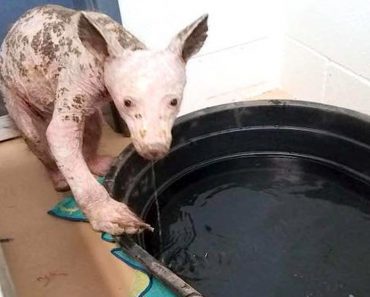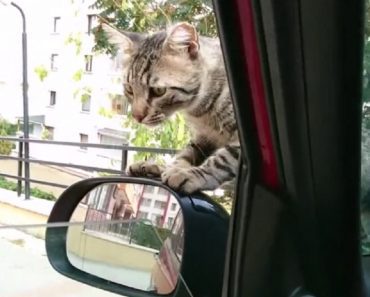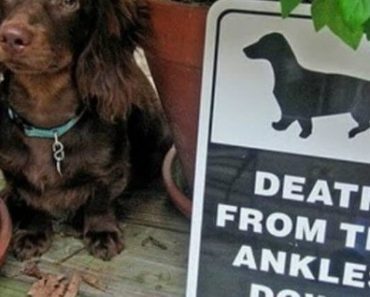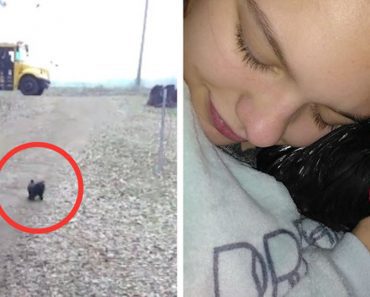It can be alarming, but when your dog makes a little funny sound like a cross between a snort, choke and snuffle, it really is a reverse sneeze.
If you have never witnessed the reverse sneeze before, it can be quite startling. You may think it is a symptom of the common cold, however, a case of the backward sniffles is fairly common in dogs.
Reverse sneezing is an irritation of the nasopharynx, the upper part of the throat behind the nose and above the soft palate. It may also cause a pet to breathe in rapidly, explains Dr. Robert Proietto, a veterinarian in New York City.
Some episodes of reverse sneezing can be sudden, Proietto notes. The cause of the action can differ from dog to dog and it is rarely a sign of something serious. “It can result from things like a foreign object in the nose, like grass or plant awn, a mass or nasal mites,” Proietto said. “Most commonly, it is associated with allergies.”
Reverse sneezing has a genetic component to it.
“Some pets have an elongated soft palate that can cause this to happen when they are excited, drink water or after eating,” Proietto notes. It is seen more frequently in smaller dogs or snub-nosed breeds, such as terriers, pugs, or Brussels Griffons. “Cavalier King Charles spaniel owners actually call this the Cavalier snort because it is so common in this breed,” Proietto adds.
Dogs can suffer from all kinds of breathing issues. Reverse sneezing should not be confused with symptoms of a tracheal collapse, the chronic narrowing of the windpipe, which produces a series of dry, honking coughs. Tracheal collapse is primarily seen in toy breeds, such as Pomeranians, Shih Tzus, Yorkies and toy poodles, and should be monitored by a veterinarian.
Your dog should return to his normal self after the uncontrollable, spasmodic reverse sneeze. It may be distressing to a cautious pet parent.
“If it is just an occasional event that is not increasing in frequency, then it is likely not anything to worry about,” Proietto says. “It would be recommended to discuss it with your veterinarian so they can examine the nose and mouth to be sure nothing else is going on.”
If your dog is reverse sneezing frequently, consult your vet if your dog as this may be the result of a foreign body stuck in his nasal passage. If that is not the case, your pup probably has allergies. “If we can rule the serious concerns out then we may treat allergies with antihistamines or use medications to decrease the inflammation of the nasopharynx,” Proietto adds.
Try rubbing your dog’s nose and throat or gently blowing in your dog’s face. Even though these spasms shouldn’t hurt your pup, help him stay calm and comfortable until the episode ends.
If you know someone who might like this, please click “Share!”

